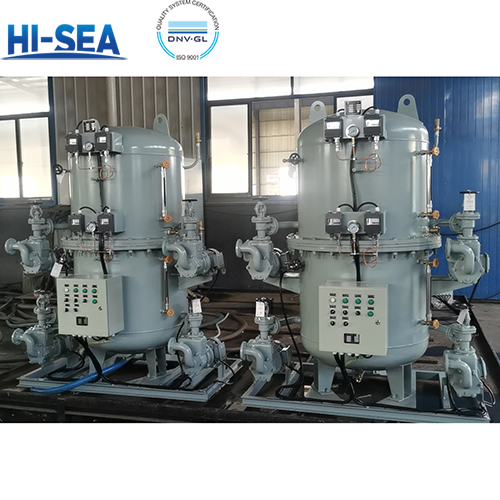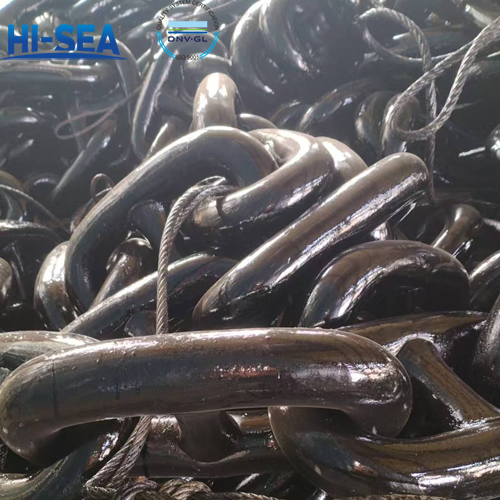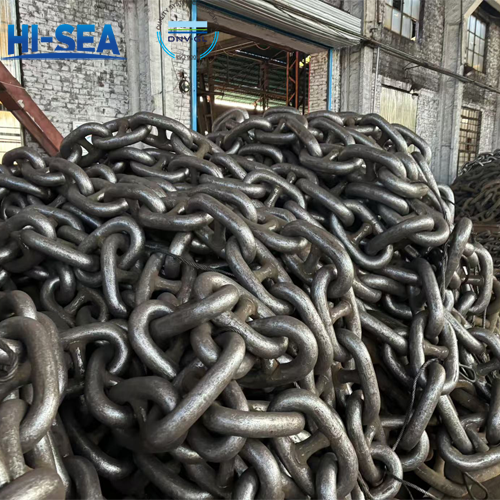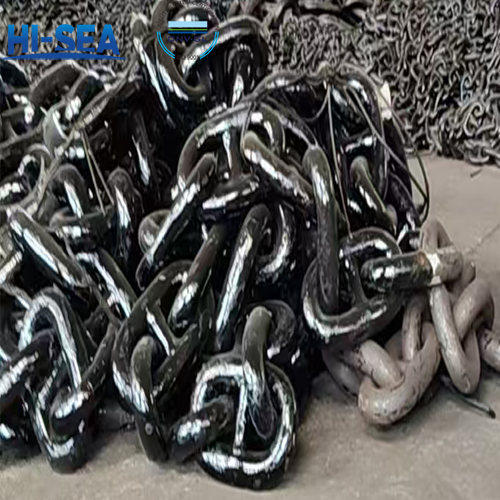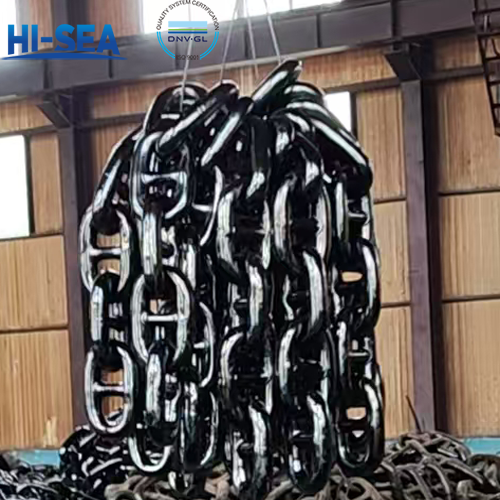
Maintenance and Upkeep of Marine Pressure Water Tanks
On the vast and boundless ocean, the safe and stable operation of ships is of paramount importance. As a professional supplier engaged in the export of marine equipment, we are well aware of this and hereby introduce our marine pressure water tank to you.
The marine pressure water tank is a key component in the ship's water supply system, and the quality of its performance directly affects the normal operation of the ship and the quality of life of the crew. The marine pressure water tank we provide adopts the most advanced technology and high-quality materials and has passed strict quality tests and practical application tests.
For example, its unique pressure regulation system can ensure stable water pressure and provide you with a continuous and stable water flow whether in rough sea conditions or when the ship's load changes. Its sturdy and durable cabinet structure can resist various corrosions and impacts in the marine environment and extend its service life.
To help you understand the marine pressure water tank better, this article will introduce Maintenance and Upkeep of Marine Pressure Water Tanks to you and help you solve your doubts!
If you have procurement needs or other questions, you are welcome to contact us directly! Email <hs10@cqhisea.com>
Overview
The maintenance and upkeep of pressure water tanks are crucial for ensuring their normal operation and extending their service life. Here are some common methods:
Regular Inspections
Inspect the appearance of the tank body weekly or monthly to check for signs of corrosion, deformation, or leakage.
Check whether the pressure gauge and pressure controller are working properly to ensure the displayed pressure is accurate.
Confirm that the water level controller can accurately reflect the water level.
Cleaning Work
Regularly clean the inside of the water tank to remove dirt, sediment, and the growth of microorganisms.
Clean the sensing components of the water level controller and pressure controller to prevent them from being clogged by debris or affecting the sensing accuracy.
Component Maintenance
Check the working state of the air compressor, including the tightness of the belt, the quantity and quality of lubricating oil, etc.
Regularly maintain the safety valve to ensure it can open normally when overpressure occurs.
Inspect and maintain the inlet and outlet valves to ensure they are flexible in switching and free of leakage.
Pressure Testing
Conduct pressure tests regularly to verify whether the water tank can maintain the set pressure range.
Water Quality Management
Ensure that the water entering the water tank meets the quality standards to avoid excessive impurities and corrosive substances.
Sealing Inspection
Inspect the sealing components of the water tank, such as gaskets and sealing rings. If they are aged or damaged, replace them in time.
Record Maintenance
Establish maintenance records, including maintenance dates, maintenance contents, identified problems, and solutions, etc.
Example Illustration
For example, if slight corrosion is found on the tank body during the inspection, it should be cleaned in time and anti-corrosion treatment should be carried out; if the safety valve is found to be unable to open normally, it needs to be replaced or repaired immediately. Through regular and effective maintenance and upkeep, it can be ensured that the pressure water tank works stably and reliably during the operation of the ship.
Conclusion
Finally, thank you for browsing the full text, I hope you have a more profound understanding of Marine Hydrophore. For more knowledge and products about pressure tanks, please visit our Marine Hydrophore website home page or contact us directly!

